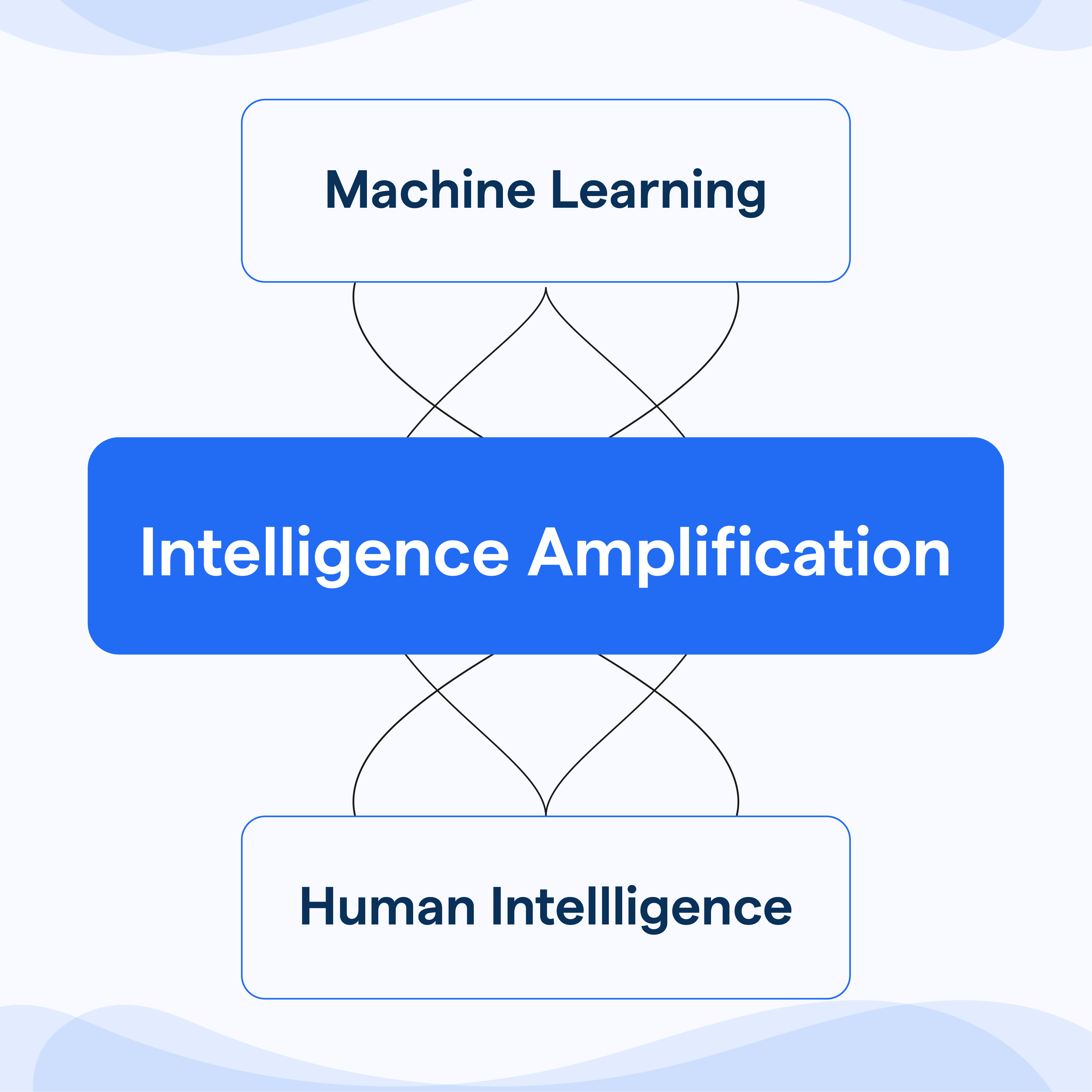What is Intelligence Amplification?
Intelligence Amplification, often interchanged with terms like cognitive augmentation and machine-augmented intelligence, broadly covers any use of technology that significantly enhances human intelligence.
The Origin
The concept dates back to the 1950s and 1960s, with pioneers such as J.C.R. Licklider, who envisioned man-computer symbiosis—a cooperative interaction between humans and computers.
IA vs. AI
While Artificial Intelligence aims to create machines that can perform tasks requiring human intelligence, IA focuses on enhancing human intelligence with the aid of machines.
Technology Involved
Technologies that play a significant role in IA include computer systems, artificial intelligence, machine learning, brain-computer interfaces, and various data visualization tools.
The Ultimate Goal
The final aim of IA is to create an environment where human intellectual tasks are performed with greater efficiency, accuracy, and speed, thanks to technology-enhanced cognition.
Why is Intelligence Amplification Important?
Understanding the “why” behind IA sheds light on its relevance and necessity in the digital age.
Augmenting Decision Making
IA helps individuals make informed decisions by providing enhanced analytical capabilities and access to synthesized information.
Enhancing Creativity
By offloading routine tasks to technology, individuals gain more time and cognitive space for creative and strategic thinking.
Accelerating Learning
IA technologies can personalize learning experiences, identifying and adapting to an individual's unique needs, thus accelerating knowledge acquisition.
Improving Human-Computer Interaction
IA improves how humans interact with computers, making the interaction more intuitive, efficient, and productive.
Solving Complex Problems
With IA, humans can tackle complex problems more effectively, leveraging computational power to analyze and understand vast amounts of data.
When did Intelligence Amplification Emerge?
Tracing the roots of IA provides context to its development and its trajectory.
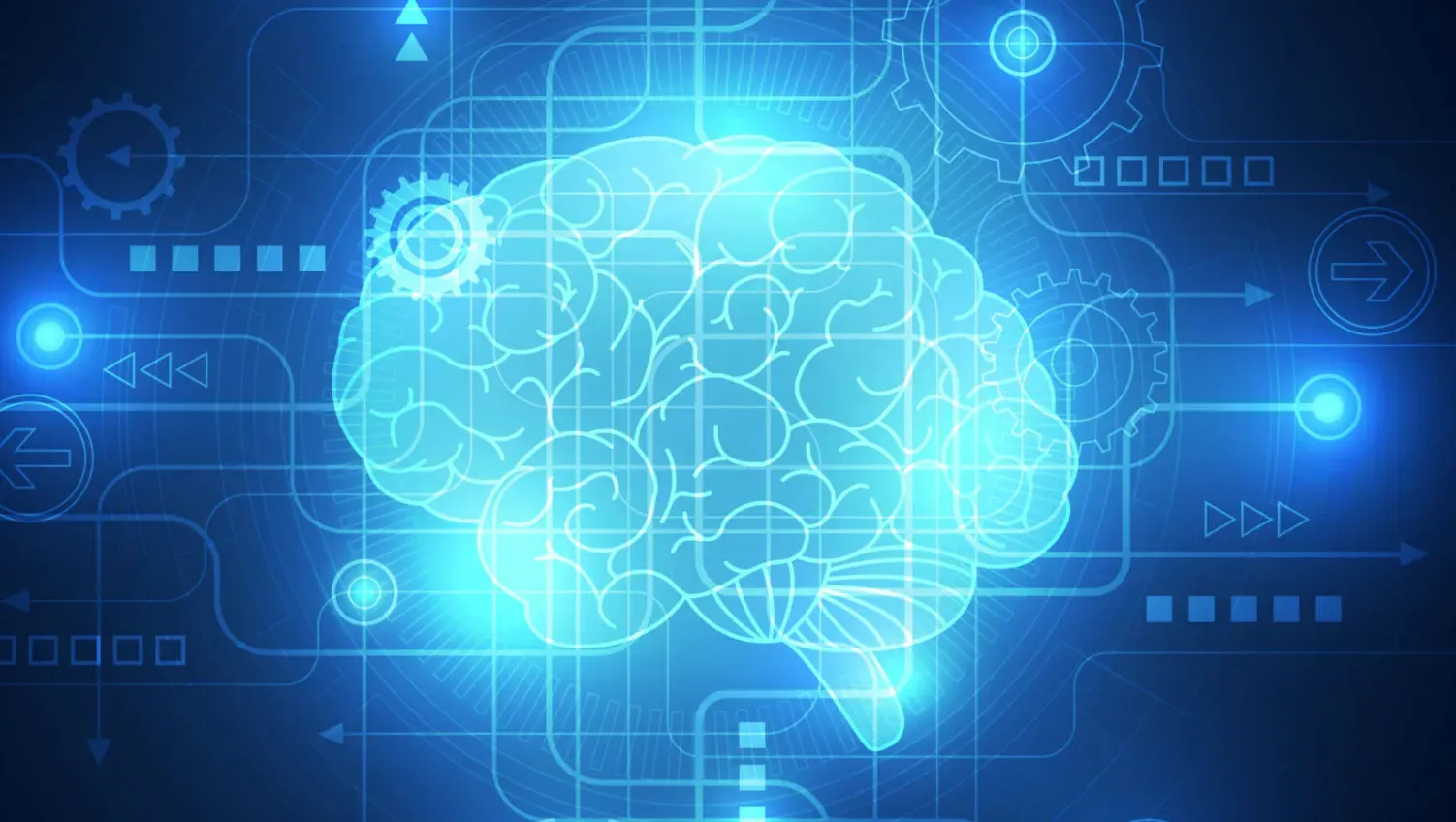
Historical Context
The idea of IA can be traced back to the early 20th century, with significant development in the mid-20th century as computers started to become more accessible.
Key Milestones
Major breakthroughs include the development of the internet, wearable tech, and advanced neural interfaces, all contributing to the field's growth.
Influential Figures
Besides Licklider, figures like Douglas Engelbart and his work on augmenting human intellect have been crucial in shaping IA.
Evolution of Technologies
The evolution from simple computing machines to advanced AI and machine learning models has significantly propelled IA forward.
The Current State
Today, IA is not just a concept but a practical tool used across various sectors like healthcare, education, and business.
Who Benefits from Intelligence Amplification?
Exploring who stands to gain from IA reveals its broad applicability and potential to improve lives and operations across the board.
Students and Educators
In education, IA can provide personalized learning experiences, making education more accessible and effective.
Professionals
From data scientists analyzing vast datasets to artists creating intricate designs, professionals across industries use IA to enhance their capabilities.
Businesses
Companies leverage IA to optimize operations, improve employee productivity, and innovate in product/service development.
Healthcare Providers
IA assists in diagnosing diseases, personalizing treatment plans, and conducting sophisticated surgical procedures.
General Public
Everyday applications like navigation systems, virtual assistants, and recommendation engines are forms of IA that benefit the general public.
How Does Intelligence Amplification Work?
Delving into the mechanics of IA helps us understand how it practically enhances human cognition.
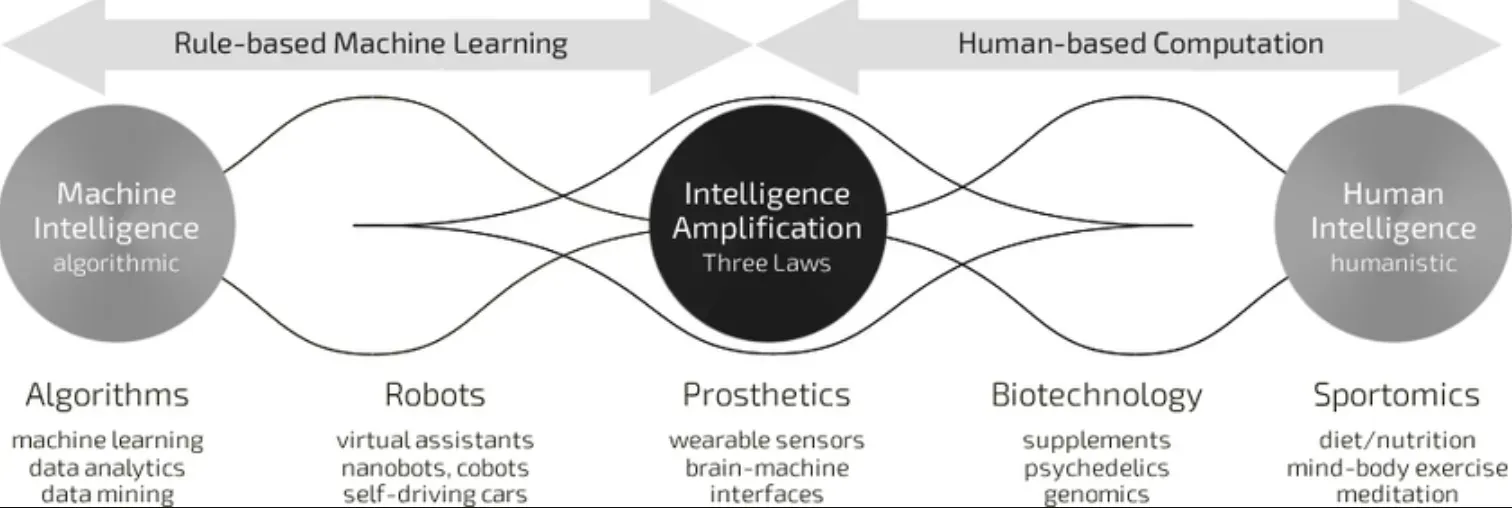
Through Data Processing
IA systems can process and analyze data at a scale and speed impossible for humans alone, providing valuable insights quickly.
Cognitive Tools
Tools like mind mapping software and knowledge databases help organize thoughts and information, enhancing cognitive efficiency.
Brain-Computer Interfaces
These interfaces directly link human brains with computers, allowing for direct communication and control.
Machine Learning
Machine learning algorithms can adapt to user preferences and behaviors, offering personalized assistance and insights.
Feedback Loops
IA involves continuous interaction between the human and the system, with feedback loops for constant improvement and personalization.
What Technologies Enable Intelligence Amplification?
The bedrock of IA lies in the diverse technologies that make it possible.
Artificial Intelligence and Machine Learning
These technologies are at the forefront, providing the necessary computational intelligence to augment human cognition.
Brain-Computer Interfaces (BCIs)
BCIs convert brain signals into commands, allowing for direct control of computer systems by thoughts.
Augmented Reality (AR) and Virtual Reality (VR)
AR and VR can enhance learning and problem-solving by creating immersive, interactive environments.
Big Data Analytics
Handling vast datasets, IA tools can derive actionable insights, revealing patterns and trends not evident to human analysts.
Cloud Computing
Cloud platforms offer the computational power and storage necessary to run sophisticated IA applications, making them accessible anywhere, anytime.
Challenges in Intelligence Amplification
While IA offers immense potential, there are significant hurdles to overcome.
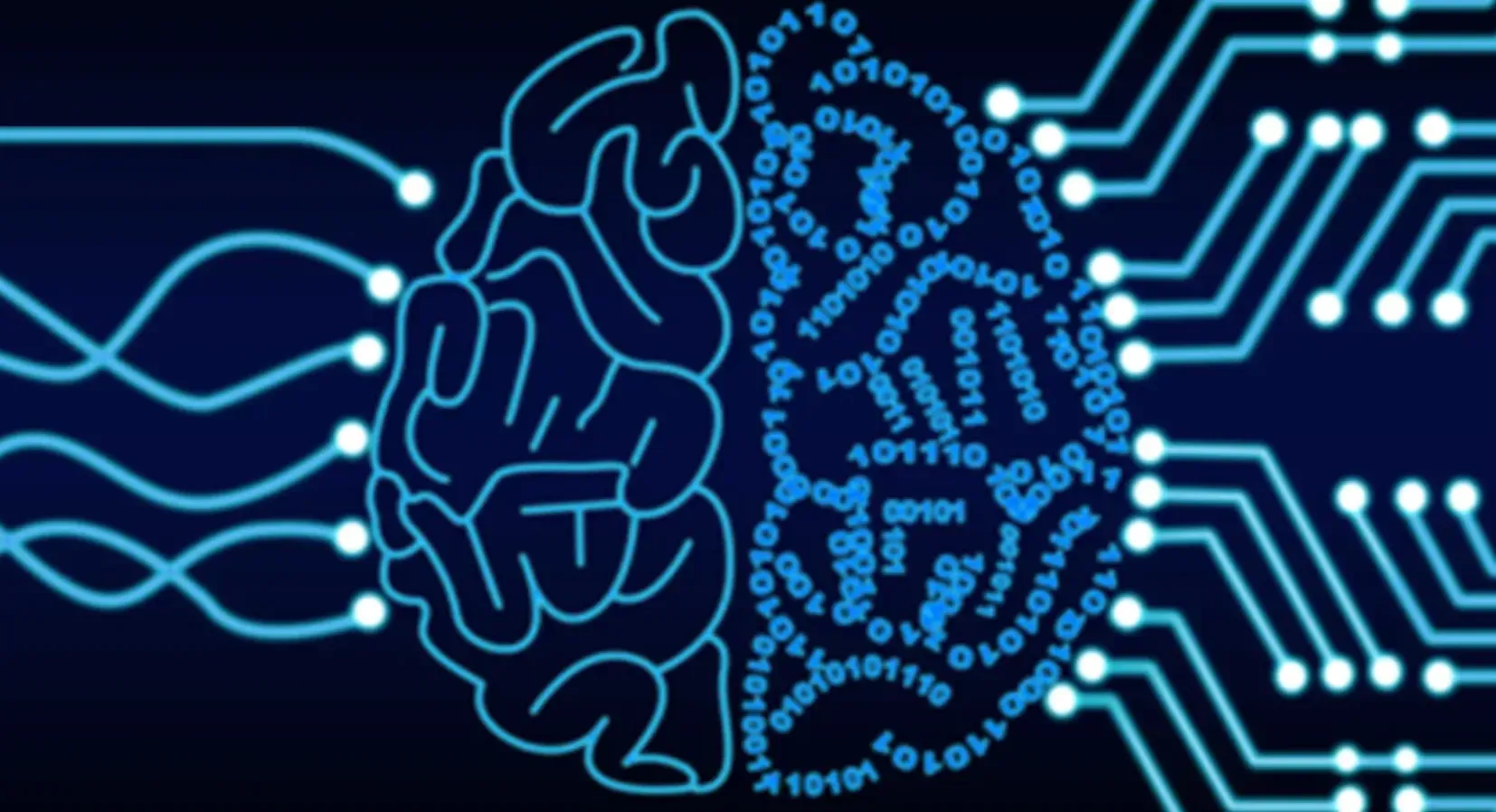
Ethical Considerations
Questions around privacy, consent, and the potential for misuse of enhanced cognitive abilities are paramount.
Technological Limitations
The current limitations of technology, including the accuracy of BCIs and the reliability of AI systems, pose challenges.
Human-Computer Symbiosis
Achieving a seamless and intuitive interaction between humans and machines remains a complex challenge.
Accessibility
Ensuring that IA technologies are accessible to all, regardless of socioeconomic status, is a major concern.
Fear of Dependency
There's a societal concern about becoming too dependent on technology for cognitive tasks, potentially diminishing inherent human capacities.
Best Practices in Implementing Intelligence Amplification
Successfully integrating IA into our lives and work requires adherence to certain best practices.
User-Centric Design
Technologies should be designed with the end-user in mind, ensuring they are intuitive and augment rather than replace human capabilities.
Ethical Frameworks
Implementing ethical guidelines to govern the development and use of IA technologies is critical to safeguard privacy and autonomy.
Continuous Learning
Both users and developers should engage in continuous learning to adapt to evolving technologies and discover new applications.
Collaborative Development
Collaboration between technologists, ethicists, end-users, and policymakers can ensure IA technologies are useful, ethical, and equitable.
Focus on Augmentation, Not Replacement
It’s crucial to emphasize that IA is about enhancing human intelligence and capabilities, not replacing them.
Future Trends in Intelligence Amplification
Looking ahead, several exciting trends are set to shape the future of IA.
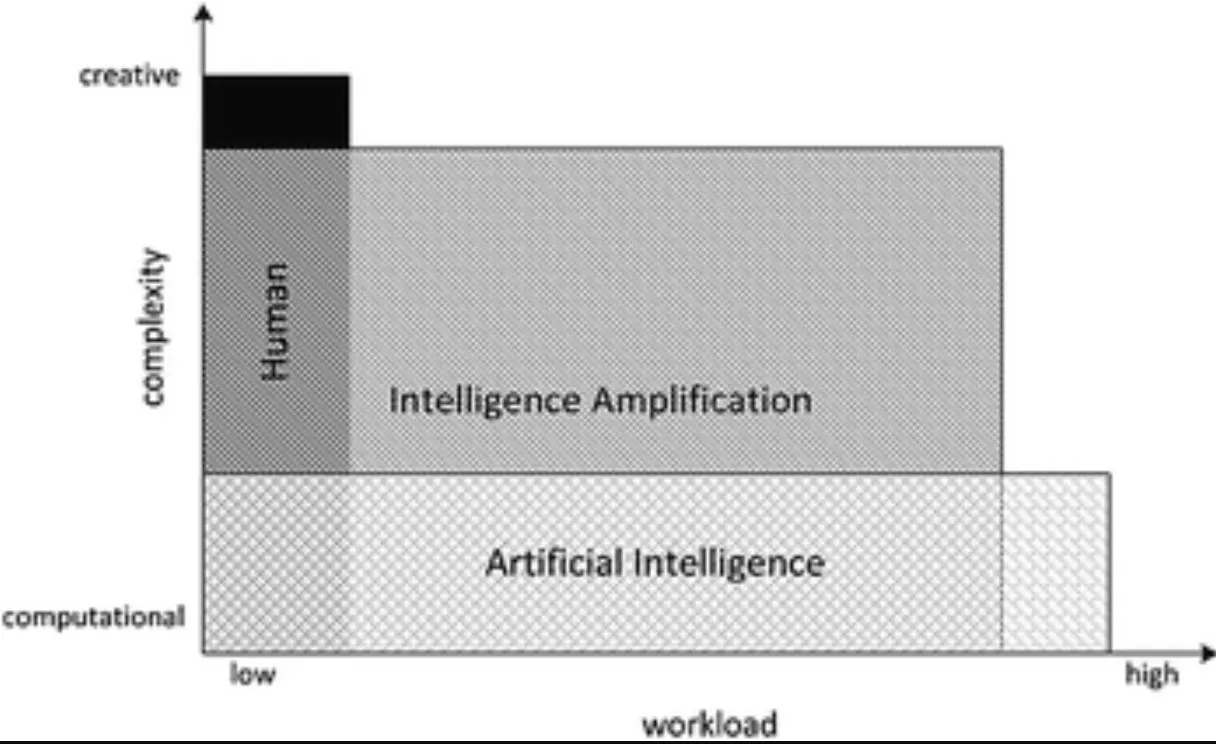
Neural Enhancements
Advancements in neural technologies could lead to more direct and efficient brain-computer interfaces.
AI and Ethics
As IA becomes more commonplace, developing robust ethical standards for AI and cognitive technologies will be critical.
Pervasive IA
We’re likely to see IA technologies become more integrated into our daily lives, from wearable tech to enhanced senses.
Interdisciplinary Research
The convergence of IA with fields like neuroscience, psychology, and even philosophy could lead to groundbreaking developments.
AI Democratization
Efforts to make AI more accessible will lead to more people leveraging IA tools for personal and professional growth.
Frequently Asked Questions (FAQs)
What is the concept behind intelligence amplification?
Intelligence Amplification refers to the use of technology to enhance human cognitive capabilities, aiding decision-making, problem-solving, and learning processes.
How is intelligence amplification different from artificial intelligence?
While Artificial Intelligence aims to create machines that think independently, Intelligence Amplification uses technology to augment human thought processes.
Can intelligence amplification improve learning and education?
Yes, Intelligence Amplification tools, like adaptive learning platforms, can personalize educational content to match learners' needs, enhancing understanding and knowledge retention.
What role can intelligence amplification play in businesses?
In businesses, Intelligence Amplification can improve decision-making by providing better data analysis, insights, and predictive capabilities.
Does intelligence amplification concern mental health?
Intelligence Amplification tools, such as assistive technology and Neurofeedback systems, can aid in managing mental health conditions by helping individuals better understand and regulate their cognitive processes.
